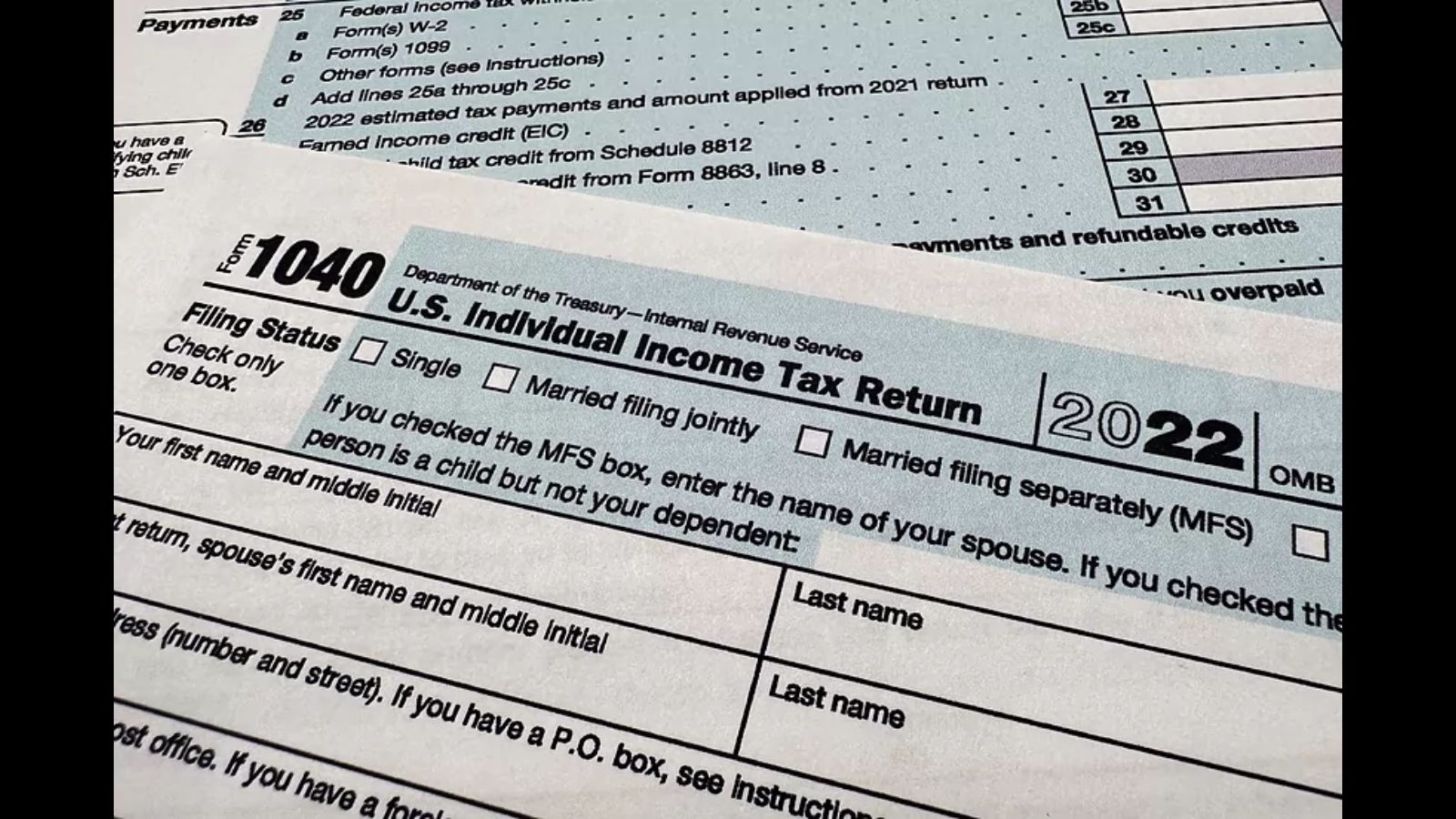Filing Taxes from Abroad: It may appear idyllic for a U.S. citizen or resident alien abroad to be living the expat ideal. Nevertheless, managing one’s taxes from a foreign country presents a distinct array of complexities and responsibilities. Fundamentally, it is essential to understand that US citizenship entails being subject to US tax obligations, regardless of your location in the world.
Filing Taxes from Abroad: Last Day for Extensions – What You Need to Know
In contrast to numerous other countries, which impose taxes on individuals solely on income earned domestically or within their borders (territorial-based or residence-based, respectively), the United States continues to be one of the few nations that maintains a citizenship-based tax system.
Reminder: Oct. 16 tax filing extension deadline is nearing
The Internal Revenue Service reminded taxpayers about the upcoming tax filing extension deadline. To avoid a possible late filing penalty, those who requested an extension to file their 2022 tax return should file their… pic.twitter.com/JeMHWCDvax
— Crunch Consulting LLC (@crunchc0nsult) October 11, 2023
Noncompliance with these tax responsibilities may lead to unfavourable outcomes such as penalties, accrued interest, and legal ramifications. In the present tax environment, the only viable method of evading these obligations is to renounce one’s US citizenship.
California Extended Tax Deadline: Here is what you need to know to avoid taxes
It is noteworthy that the obligation to file a tax return in the United States remains in effect, notwithstanding the fact that an individual’s complete income is derived from a foreign jurisdiction and they have not physically entered the country. American expatriates are required to file a federal tax return with the IRS if their aggregate income in 2022 exceeds certain minimum thresholds.
Extension filers: #IRSFreeFile is available through the 10/16 filing deadline and allows qualified taxpayers to prepare and file federal income tax returns online using guided tax preparation software. For more info: https://t.co/pNiKfTnsrs pic.twitter.com/tDxUes054s
— IRSnews (@IRSnews) October 14, 2023
What thresholds apply?
- $12,950 for solitary citizens under the age of 65, and $14,700 for those 65 and older.
- $55,900 for married citizens filing jointly if both are younger than 65, $27,300 for those who are 65 or older, and $28,700 for those who are 65 or older.
- $5 for married citizens filing individually.
- $400 for self-employed individuals.
- $19,400 for citizens filing as heads of household; $21,150 for those aged 65 and older.
- $25,900 for surviving spouses who are eligible and have dependent children; $27,300 for those who are 65 years of age or older.
Notably, relocating to tax havens such as Bahrain, Monaco, or the Bahamas will not result in the severest of your ties with the IRS. Although these actions may potentially lessen your tax liability, they do not absolve you of your responsibilities to the United States government.
Reminder: Monday, October 16th, is the deadline to submit your 2022 tax return if you filed for an extension. To avoid a potential late filing penalty, have all the required documents and file on or before the 16th. If you have any questions or concerns… https://t.co/FHfqoHBtoW
— Luda (@LudaSap) October 14, 2023
Although living as an expat in the United States may be a fantasy come true, taxes can be a bit of a maze. In accordance with its distinctive taxation policy, the United States mandates that its citizens residing overseas submit tax returns and remit taxes on their worldwide earnings, irrespective of their place of residence.
Simplified put, US citizens residing outside the country continue to be liable for payment of US taxes. Regardless of the passage of time since your last visit to the United States, the IRS continues to require you to submit a US tax return and disclose your global income.




